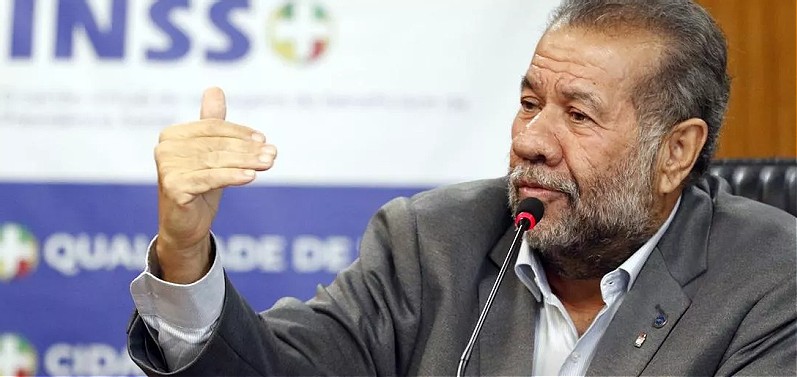INSS Corruption Scandal in Brazil: Billions Siphoned, Public Outrage & Government Response.
INSS Corruption Scandal in Brazil: Billions Siphoned, Public Outrage & Government Response. Shocking corruption exposed at INSS in Brazil, impacting millions of retirees. Explore the $1.1 billion fraud, government reaction, and the question of public conformity. Stay informed on Brazilian news and social security issues.
NEWS
Everton Faustino
5/19/20253 min read


The recent unearthing of a massive corruption scheme within Brazil's National Social Security Institute (INSS) has sent shockwaves across the nation.
Federal police investigations, dubbed "Operation No Discount," allege that over the past decade, unauthorized deductions totaling a staggering $1.1 billion (approximately R$6 billion) were systematically siphoned from the pensions of millions of retirees. This illicitly obtained money allegedly flowed to various associations and unions, with a significant portion reportedly ending up in the hands of corrupt government officials. This Brazil news story highlights a major breach of trust.
The scale of the operation is immense, with 700 federal agents executing 211 search warrants nationwide. Authorities have seized assets worth over $177 million, including luxury vehicles, jewelry, and substantial amounts of cash. The modus operandi reportedly involved fraudulently registering pensioners, often in the country's poorest regions, as members of retirees' associations without their consent. Consequently, these vulnerable individuals unknowingly had membership fees deducted directly from their already modest social security benefits.
This scandal has already led to significant repercussions within the government. The head of the INSS resigned amidst the allegations, and six other public servants have been removed from their positions. Investigators are meticulously tracing the billions of reais believed to have been diverted between 2019 and 2024, aiming to determine the full extent of the illegal takings. A task force has been established with the daunting mission of recovering the misappropriated funds. This Brazilian government response is under intense scrutiny.
The unfolding events mark the second corruption scandal to plague President Luiz Inácio Lula da Silva's administration in less than a month, further exacerbating the government's challenges. This situation also arrives at a sensitive time, coinciding with a decline in the president's approval ratings. Understanding the impact on Brazilian politics is crucial.
While the immediate focus remains on uncovering the full scope of the fraud and holding those responsible accountable, this scandal also brings to the forefront a critical question about Brazilian society: to what extent does a culture of conformity, or perhaps a sense of resignation, contribute to the persistence of corruption within public institutions? This is a key topic in Brazil current affairs.
Some observers suggest that a historical context of patrimonialism, where public resources are viewed as extensions of personal power, may play a role. This ingrained perspective can foster an environment where such illicit activities, while not openly condoned, are perhaps met with a degree of weary acceptance. The sheer scale and recurring nature of corruption scandals in Brazil might lead some to feel that fighting against it is a futile endeavor, fostering a sense of powerlessness and discouraging active resistance. This analysis provides context to the INSS fraud.
However, it is crucial to avoid generalizations about an entire population. The outrage and media attention surrounding the INSS scandal, coupled with the ongoing efforts of law enforcement and government agencies to investigate and prosecute those involved, demonstrate a significant portion of Brazilian society's intolerance for corruption. The voices of the affected pensioners, many of whom are among the most vulnerable in society, are also a powerful testament to the injustice of these acts against Brazilian citizens.
Ultimately, the relationship between corruption and societal attitudes is complex and multifaceted. While historical and cultural factors might create vulnerabilities, they do not dictate widespread acceptance. The ongoing revelations and the public reaction underscore a desire for accountability and a rejection of corruption. The challenge lies in strengthening institutions, fostering transparency, and empowering citizens to actively demand ethical governance, thereby eroding any perceived culture of conformity that might inadvertently allow such abuses of power to persist within Brazil's public sector. Stay updated on the INSS investigation for further developments.
Type the words below into the Unveiled Brazil search engine to learn more:
CORRUPTION
ELECTION
CLT
LABOR
